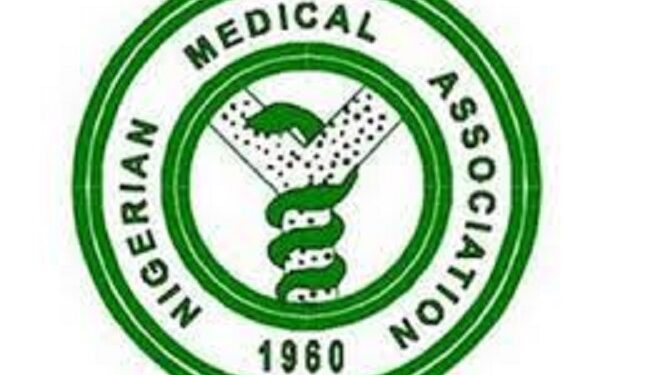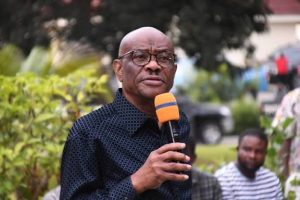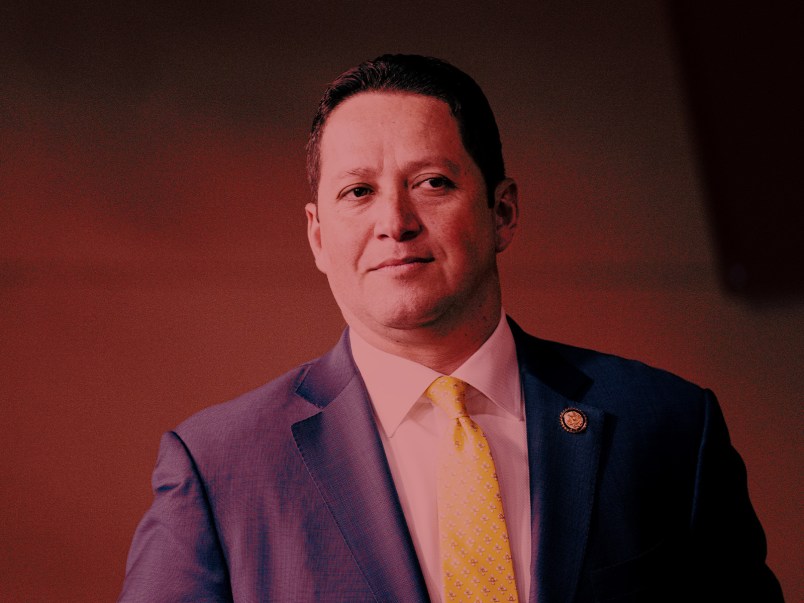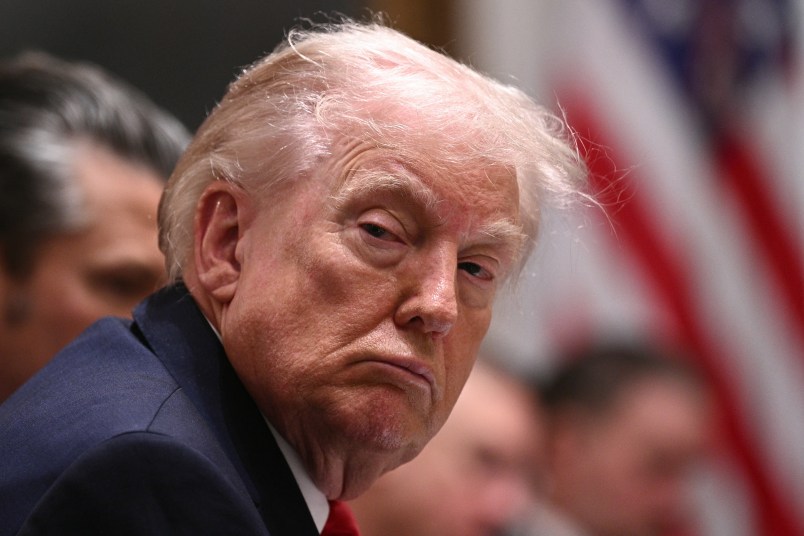
by Atafo Igbinedion
In a troubling update, Abdurrahman Ali, Chairman of the Nigerian Medical Association (NMA) Kano State branch, reported that an estimated 15,000 medical doctors have left Nigeria as of 2024 due to inadequate pay and lack of job satisfaction.
Speaking during a recent media conference, Ali underscored that this mass migration severely impacts the healthcare sector, as many doctors seek better opportunities abroad.
The conference, held as part of this year’s Physician Week, revolved around the theme “Ensuring Universal Applicability in Remuneration: a Panacea to Talent Retention in the Healthcare System.”
Ali emphasized, “Fair remuneration is more than just a salary figure; it is recognition of our value. It motivates excellence and safeguards against burnout in any industry, particularly in healthcare.”
He added that adequate compensation reflects the countless hours, emotional resilience, and deep personal commitment healthcare professionals bring to their work.
“When healthcare workers are fairly and equitably respected, it fuels their dedication, strengthens their commitment to patient care, and fortifies the larger health ecosystem,” he noted.
Ali also urged the Kano State government to uphold its agreement with the NMA on revised hazard allowances for healthcare workers, a crucial factor in retaining skilled professionals.
NMA President, Professor Baba Audu, echoed Ali’s concerns, highlighting that the exodus of medical professionals is symptomatic of a system that fails to provide fair compensation and meaningful career pathways.
Represented by Dr. Happy Adedapo at the 2024 Physicians’ Week media briefing in Ibadan, Audu remarked, “Fair remuneration is more than just a salary figure. Given the nature of healthcare delivery, it should be uniform across all levels of government employment—federal, state, and local.”
Audu stressed that primary healthcare, particularly at the local government level, forms the foundation of any nation’s health system. “Patients shouldn’t need to travel to University College Hospital, Ibadan, for treatable conditions like malaria,” he said.
However, he warned that the significant pay disparities between local government doctors and their federal counterparts are pulling healthcare workers towards tertiary centers, leaving primary care facilities under-resourced.
The NMA called for immediate action to standardize pay scales and benefits for medical professionals across all government levels to help mitigate this trend and build a more resilient healthcare system in Nigeria.





